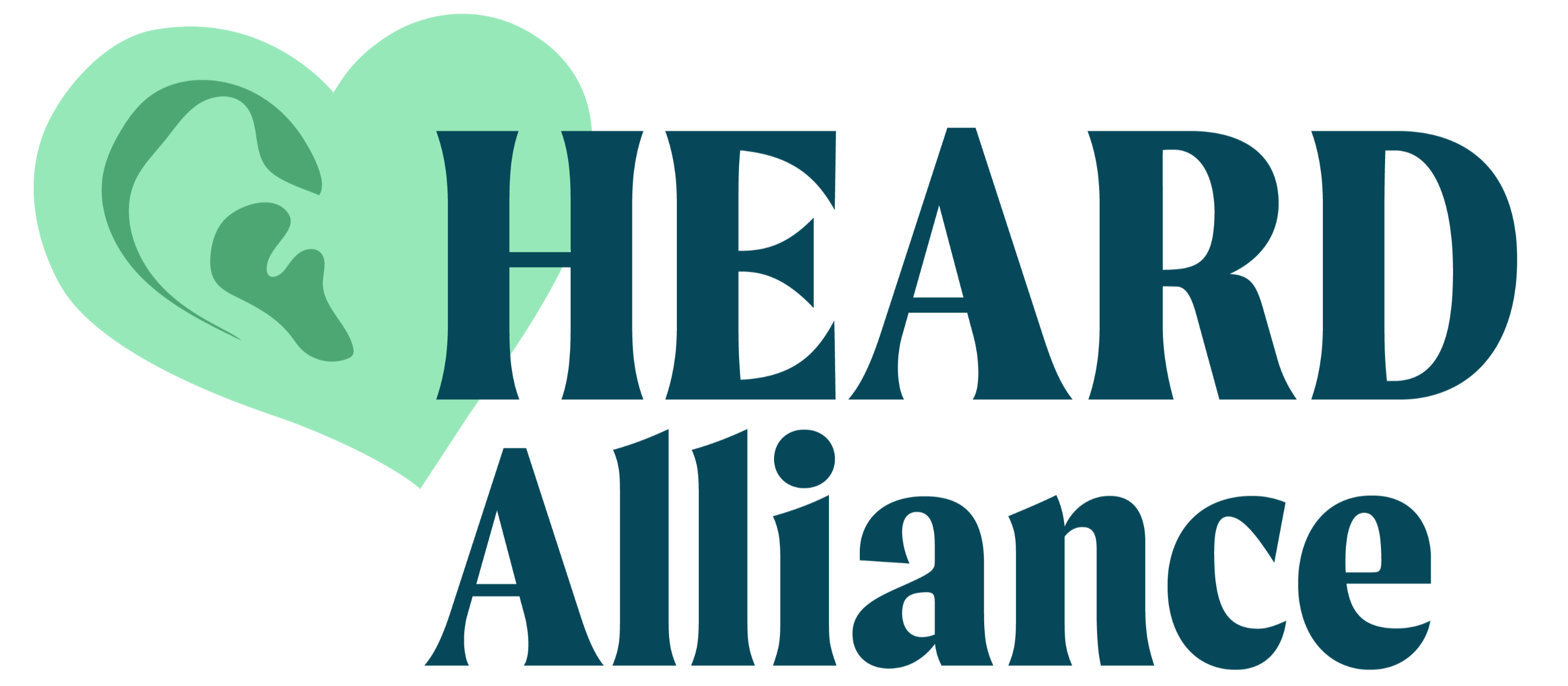top of page

Promoting Youth Wellbeing to
Prevent Suicide
A collaborative dedicated to youth wellbeing
and the prevention of youth suicide

"Caring for many pediatric patients facing mental health challenges, from anxiety to suicidal thoughts, I proactively screen, prescribe, and equip families with vital resources like the HEARD Alliance website and its accessible support search."
-Amy Heneghan, Pediatrician, Palo Alto Medical Foundation

Stay Connected
Sign up to receive news and updates from the HEARD Alliance in your inbox.
bottom of page













